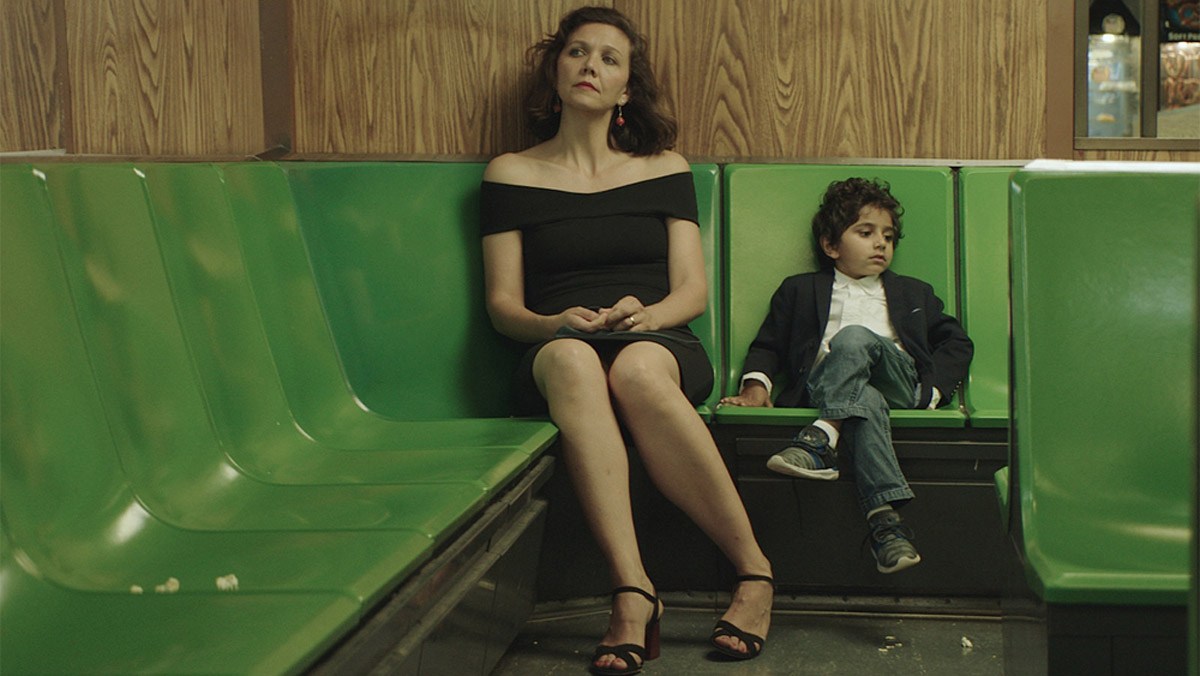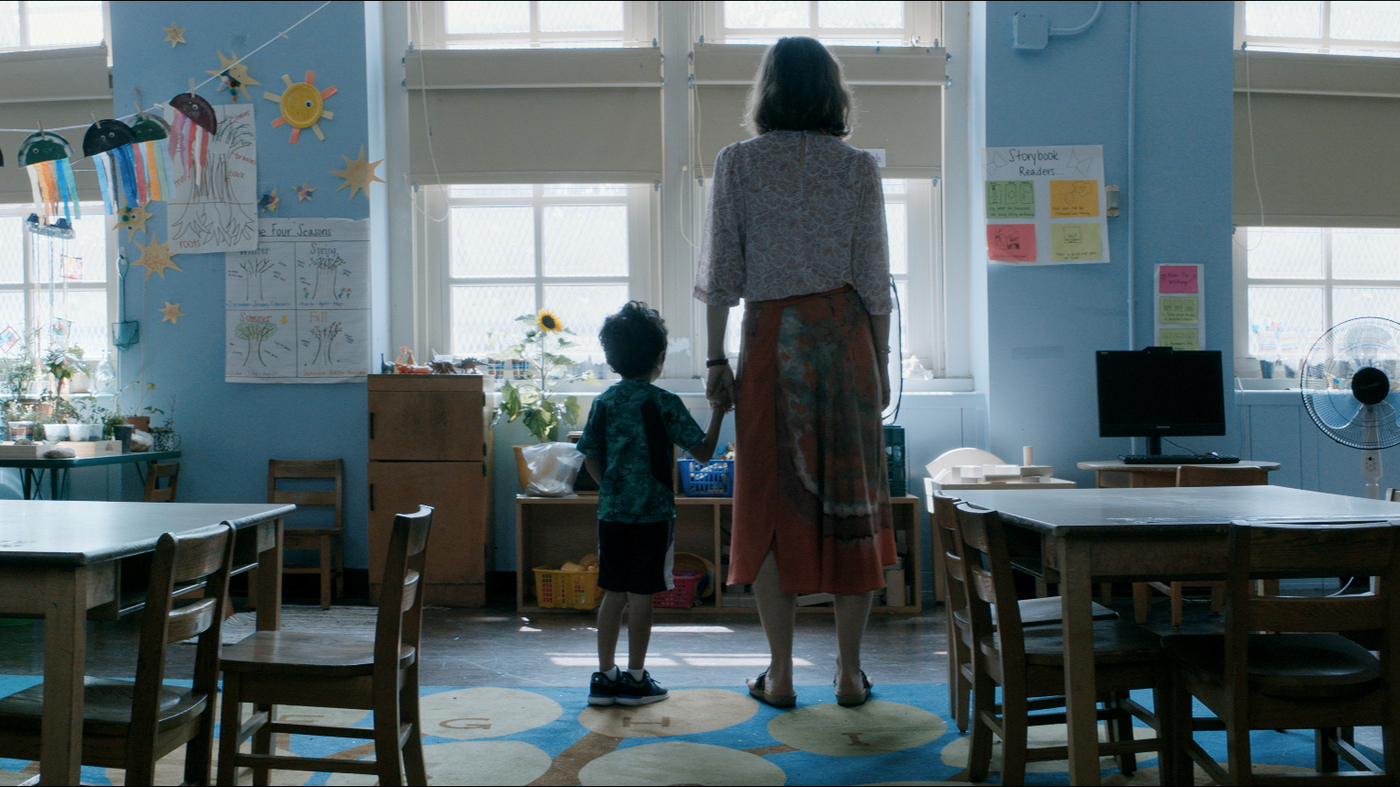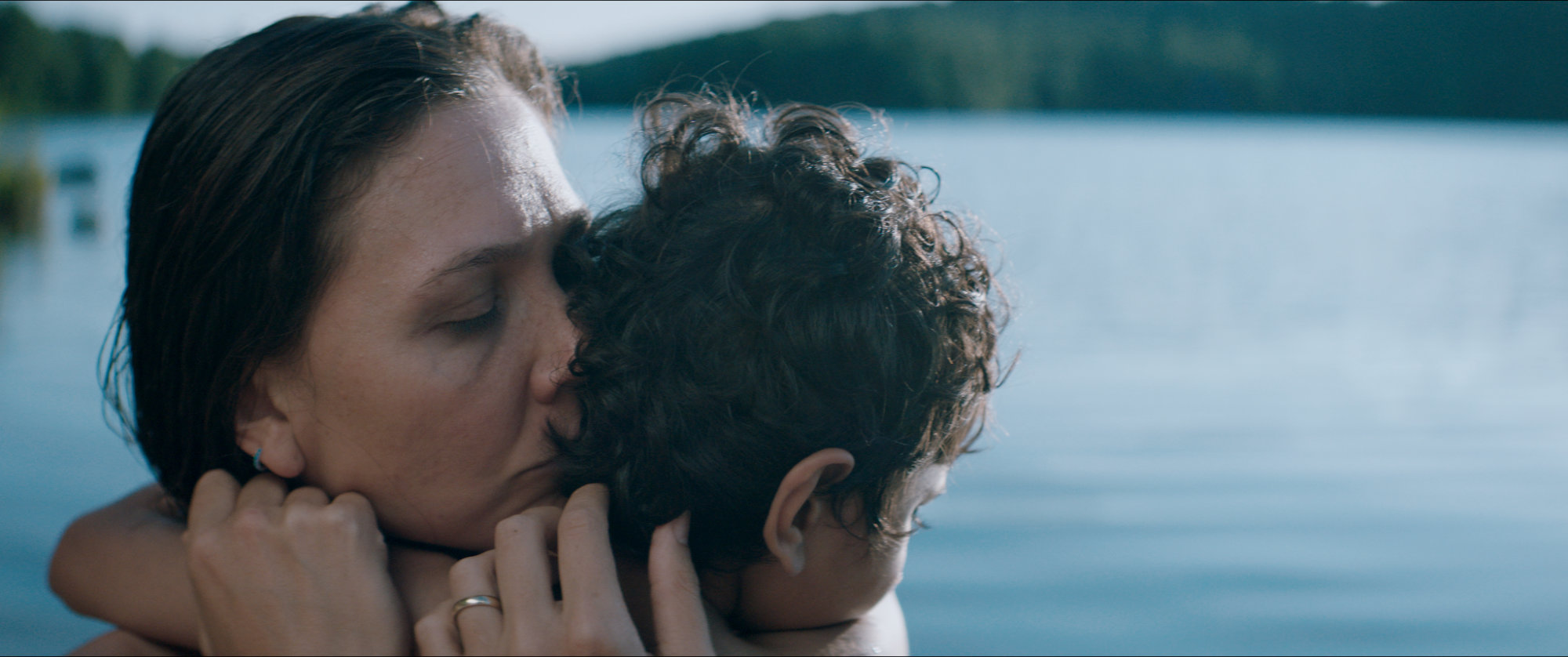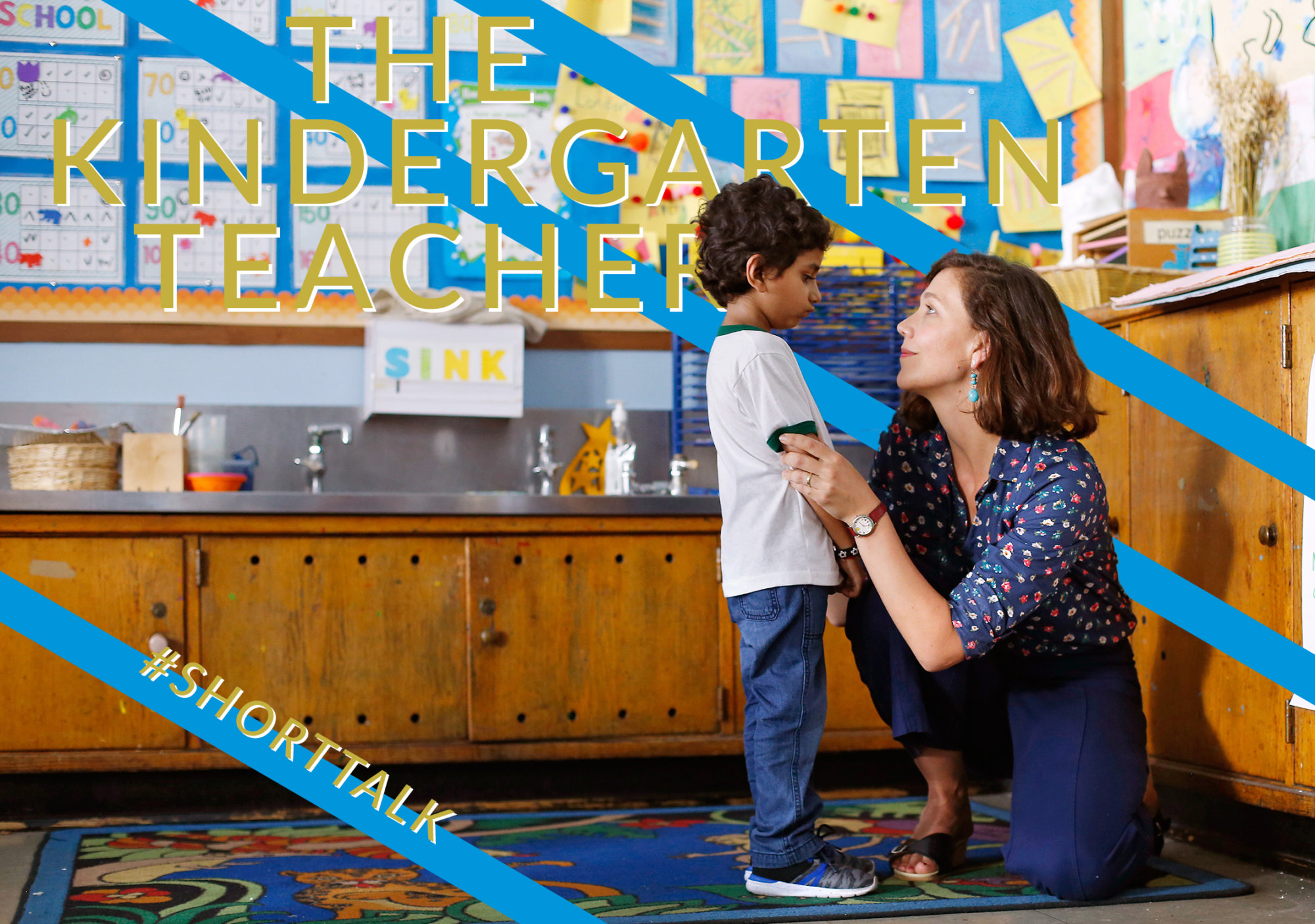“The Kindergarten Teacher,” remake of the 2014 movie of the same name, is the breathtaking picture of a complicated woman and an interesting discourse over art nowadays.
We saw “The Kindergarten Teacher” at the London Film Festival and had a beautiful chat with Maggie Gyllenhaal and Sara Colangelo. Here what they told us:
Behind and In Front of the Camera
In the past, wise people used that say that art is food for the soul. As humans, we instinctively lean forward the beautiful, towards whatever may resonate with our deepest cords. Sometimes, art is hidden – sometimes it’s plain and evocative, and it takes so little to create it, maybe just the words of a child echoing in an empty classroom. “The Kindergarten Teacher“ is the story of a flawed woman. A hungry pre-school teacher that has been left starving for too long and, when she finds something that speaks to her soul as art, she has to protect it.
The movie is the remake of the original 2014 “The Kindergarten Teacher” by Nadav Lapid, originally in Hebrew. After Maggie Gyllenhaal discovered the story, she decided to produce it with Sara Colangelo as both director and screenwriter. The eye on the entire narrative is strictly feminine, intimate and somehow delicate, but it still manages to lock the audience between a thick tension and a growing sense of uneasiness.
Maggie Gyllenhaal is superb as Lisa Spinelli, the perfect teacher who goes to disturbing lengths to protect the great talent for poetry that she sees in one of her pupils, the 5-year-old Jimmy (Parker Sevak, on his first experience on screen). Taking the hand of the audience, the movie accompanies us in an escalation of emotions that go from tenderness to surprise to anger, yet maintaining a strong emphatic bond with Lisa’s character. We witness her need, her thirst for real beauty and poetry and talent, and can’t but question ourselves in the process.

What they told us
Sara Colangelo
“When I saw the original movie I immediately fell in love with it. I love that fact that it was a thrilling story and that it had the element of a Greek tragedy. And I felt that I could say something really new and hopefully exciting about the space that we give to art or the lack thereof in the United States. And I really look at how we create art with gadgets and iPhones and to the many distractions that we have.
And secondly, I really wanted to anchor the story to a female point of view, that I knew it was going to be a challenging and complicated portrait of a woman.
I was really excited about focusing on the psychology of a single woman.”
On the matter of finding the poetry, Sara said, “Maggie and I went through that process together. There was a poem that I read on the New Yorker and really loved, so I contacted the author and asked if he wanted to contribute some poetry. And he was really excited about it. And there was another poem that Maggie knew, so it was a bit of a collaboration, getting all these poems together. While I found the five-year-old’s poem on Facebook, actually. It was really interesting, and her poems are beautiful. She’s now six, but was five at the time.”

“I really wanted to
anchor the story
to a
female point of view.”
Maggie Gyllenhaal
“I think there are different ways to watch the movie, but personally I don’t think that this is a movie about a highly gifted kid. There is a question as for whether or not she is creating this. I think that 5-year-olds say things all the time and, put in a certain frame, they can seem like a poem. I spent a lot of time reading amazing poetry during this movie, and we couldn’t have asked for more exciting poetry.”
Regarding her character, she said, “I think that, especially for women, the feeling that you are waking up to realizing that we’ve been bending and twisting ourselves to get the things that we need, coming to terms with that is really painful. And I think a lot of women at the moment are really coming to term with the cost of that, so I guess I paid some attention to the way that I can relate to that in my life.
I thought it was really important for her to be a very fantastic kindergarten teacher, I think if she’s not then you don’t really have an exciting narrative movement through the movie, I think you have to be on her side for a long time. And part of what’s exciting about watching the movie is that you have to sort out with yourself whether or not you are with her or not. And if you’ve been loving her and being on her side for a while, all of sudden she does something very problematic…so that what does it say about you, who loved this woman? So I guess I knew that it was important in terms of preparing it. I got in touch with the part of me that is really an artist like I think she is. I guess that the thing I really tried to do was to understand her as deeply and completely as I possibly could because of course the story is designed for taking her apart. And I had to be her advocate all the way through. “
As for what made she fall in love with the story and want to produce it and star as Lisa, Maggie said, “It was the script, really. You know, it’s all you have to go over in the beginning. It’s the script, and it was an indication of where the other filmmakers wanted to go. And I think it was clearly an empathetic expression of a very complicated woman, and that was appealing to me.”

One Last Thing
The movie also opens up an interesting debate on art (and, in this case, precisely poetry) in modern-day America. In a world where preparing a young boy on an excellent sport-scholarship seems the natural path and a discussion of art and poetry is frowned upon, considered as ‘wasting time,’ Lisa’s character and needs really resonate.
What’s really important? What’s really normal and since when art has to fight, to turn into something so intuitive that feels dangerous, to survive?
Despite her ways and the capital letter “thriller” tag written all over the trailer, Lisa’s character somehow manages to convey a bigger, rawer, louder message: that maybe, just maybe, we keep on giving attention to the wrong things, for our children and for ourselves, leaving our finer, more artistic self caged into a cruel fasting.






